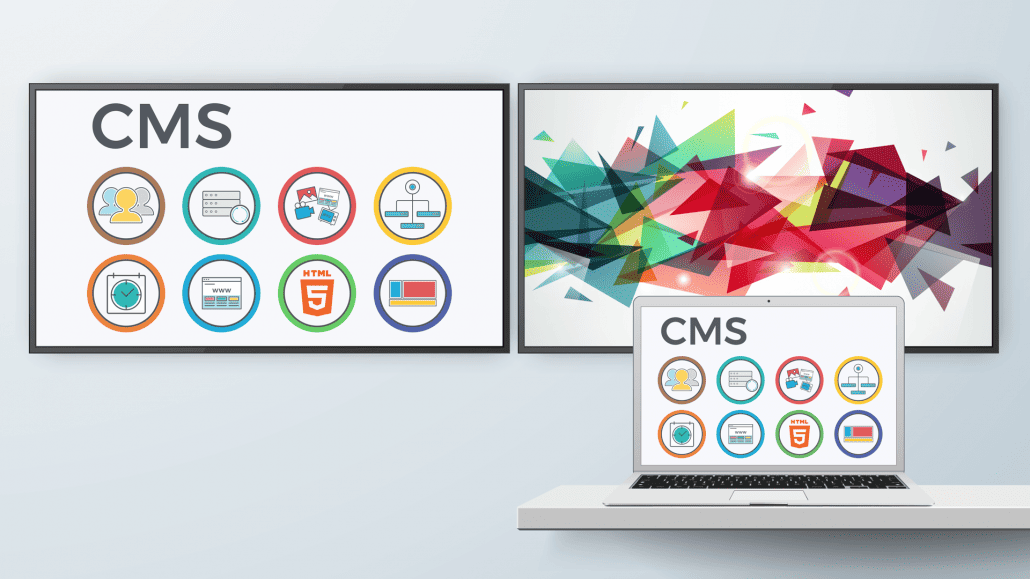Scalability: Evaluating Your CMS’s Ability to Adapt as You Grow

In the current digital era, companies and organisations are always growing and changing to satisfy the needs of a fast-paced market. Their requirements for digital tools, such as content management systems (CMS), expand along with them. The core of a website is a content management system (CMS), which handles organisation, publishing, and content generation. Scalability, on the other hand, requires evaluating how effectively your present CMS can accommodate your expansion. This post will discuss the value of scalability in content management systems and how to assess one’s potential to grow with your business.
Understanding Scalability
Scalability is the capacity of a system to support escalating demands or workloads. When referring to a content management system, this implies determining how well your present setup can handle the extra users, material, and features that come with growing your company. You can run into problems with data management, performance, and keeping a consistent user experience if your content management system isn’t scalable.
Signs Your CMS Needs to Scale
1.Sluggish Performance:
Your CMS might not be able to keep up with your growth if your website is becoming sluggish, loading slowly, or taking longer to load.
2.Content Management Challenges:
Sorting through and locating specific articles in your growing content library can be more difficult. If you don’t have powerful search and classification capabilities in your CMS, it’s time to think about scaling.
3.Increased User Base:
More concurrent users visiting your website is a result of a rising user base. You run the risk of losing potential clients if your CMS is unable to effectively manage and serve content to these users.
4. E-commerce Expansion:
If your content management system (CMS) isn’t scalable, monitoring inventory and adding new products for e-commerce websites can become a hassle. New products should be able to be updated without causing any hiccups, and vice versa.
Evaluating Your CMS’s Scalability
1. Performance Testing:
Test your CMS frequently for load and stress to see how it responds to spikes in traffic. This will assist you in locating possible problems and bottlenecks.
2. Review Documentation and Support:
Consult your CMS’s documentation and support resources. Are there guidelines for scaling the system? Do they provide support for handling larger workloads? If not, it might be a sign that your CMS isn’t designed for scalability.
3. Plugins and Extensions:
Examine whatever extensions and plugins are available to improve the scalability of your content management system. These can assist in enhancing functionality and performance without requiring a complete system change.
4. Cloud Integration:
Take into account switching to a cloud-based infrastructure for your CMS. Scalable hosting options that may change to meet your demands as they expand are frequently offered by cloud platforms.
5. Scalable Content Organization:
As your library grows, make sure your CMS makes it simple for you to arrange and find material. Effective content management requires a scalable content structure.
6. User Management:
To support a growing team and a variety of content contributors, find out if your content management system (CMS) offers role-based access control and user management options.
7. Mobile Responsiveness:
Your CMS should be able to produce content that is both responsive and mobile-friendly, given the increasing trend of mobile usage.
When It’s Time for a CMS Upgrade
It could be time to think about an upgrade if your present CMS is having trouble keeping up with your expanding needs. You can have the flexibility to meet the demands of your growing firm by investigating bespoke development solutions or moving to a more scalable content management system. Even though there may be an initial financial outlay, the long-term advantages in terms of enhanced performance and simplified content administration may exceed the expenses.
Conclusion
Scalability is a crucial factor to take into account when assessing how well your present CMS can accommodate growth. Evaluate your CMS’s functionality on a regular basis, check its documentation and support, and make sure it has all the features a growing company could need. You’ll be ready to keep up a smooth web presence as your company develops if you take this action.


